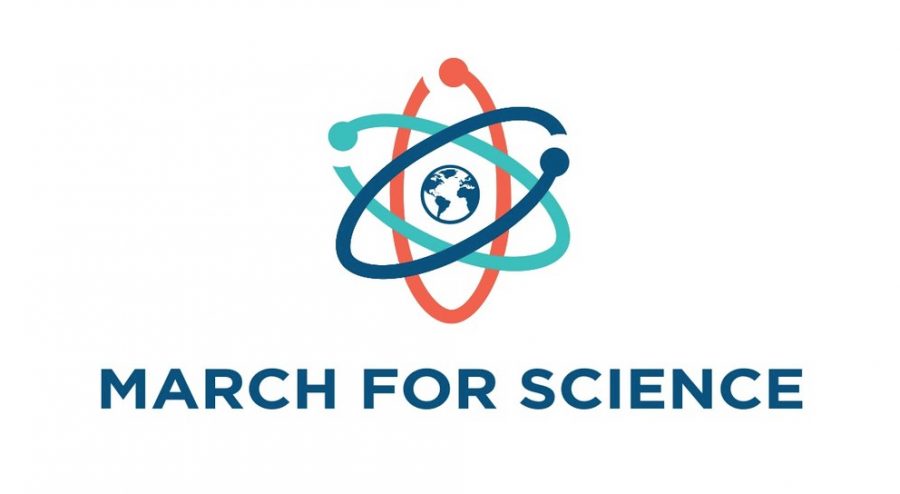President Hamilton Announced Attendance at March for Science
President Alexander Hamilton will be marching alongside NYU faculty and students at the Washington DC March for Science this Saturday. The March is a nonpartisan protest to defend science education and diversity in STEM.
April 20, 2017
President Andrew Hamilton will be marching alongside NYU faculty and students at the March for Science in Washington D.C. this Saturday, according to an email sent out to the NYU community.
The March for Science is a nationwide event based in D.C. with several satellite marches, including one here in Manhattan. According to its website, the March is a nonpartisan protest to defend science and public interest by advocating for science education and diversity and in Science, Technology, Engineering and Mathematics.
In his email, Hamilton wrote that it brings him joy to see students pursuing research as research is the core of the university’s mission. Although Hamilton said he is celebrating the research of students, he finds it difficult to feel positive about the future of science in the United States because of the preliminary proposals in Congress to cut research funding.
“We will be marching not in despondency but in hope, steadfast in our belief that the many benefits of scientific research — inspiring young minds, fostering innovation, creating new technologies and yielding everything from new medical therapeutics to a stronger economy — will prevail,” Hamilton said in the email. “And we shall remain resolute, as well, in our efforts over the coming years to improve and advance science and technology here at NYU.”
Recently, NYU became the first university to officially partner with the March, as several NYU students, faculty and organizations plan to travel to the National Mall this weekend.
According to Environmental Studies Professor Sonali McDermid, this partnership materialized after she and Environment Studies Professor David Kanter contacted Ayana Johnson — an adjunct professor in the Department of Environmental Studies and co-organizer for the March for Science.
“We were primarily asking her for details on how we could get involved from the environmental studies perspective, but then she mentioned that partnership could also be an option,” McDermid said. “We had also heard that many departments, centers and organizations around NYU were thinking about mobilizing — Global Public Health, Tandon Engineering, Biology and Chemistry, Stern, Steinhardt, Graduate Student Organization, Office of Sustainability to name a few. And so we decided it could be a much stronger showing if we were all coordinated.”
McDermid said that all of the departments and organizations at NYU involved in the March were invited to lunch, which first became a diverse organizing committee and subsequently formed NYU’s official partnership. She said that the organizing committee is now composed of more than 20 students and faculty led by McDermid, Kanter, Mary Killilea from the Department of Environmental Studies and Biology and Dianne Anderson from the Office of Sustainability.
Although the website for the March for Science states that the event is nonpartisan, there has been controversy over whether the event will do more harm than good by further politicizing science.
Some students and faculty have not been deterred by this issue, such as CAS junior Alidia Findley who said that she plans to attend the March in New York City.
“I’m hoping that this March will raise awareness of the danger to scientific research under the administration and that it will inspire more scientists to become politically engaged,” Findley said. “I think it’s great that NYU is partnering with the March.”
Associate Professor in the Center for Atmosphere Ocean Science and Mathematics in NYU’s Courant Institute of Mathematical Sciences Edwin Gerber, an atmospheric scientist, said that he shares concerns over the political bias of the event but ultimately decided to attend the March.
“For me, the decision not to march would be to accept defeat already,” Gerber said. “At the end of the day, I thought about my children. I’m not sure how much of an impact this will have on Washington, but I want to be able to tell my kids that we tried our best.”
Email Deanna Tran at [email protected].
























































































































































